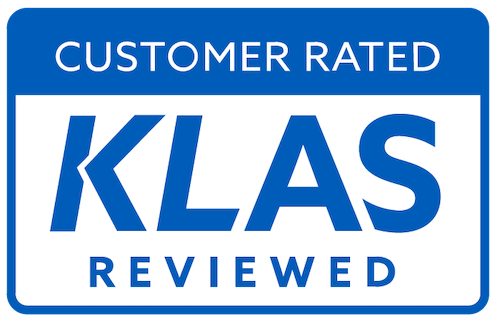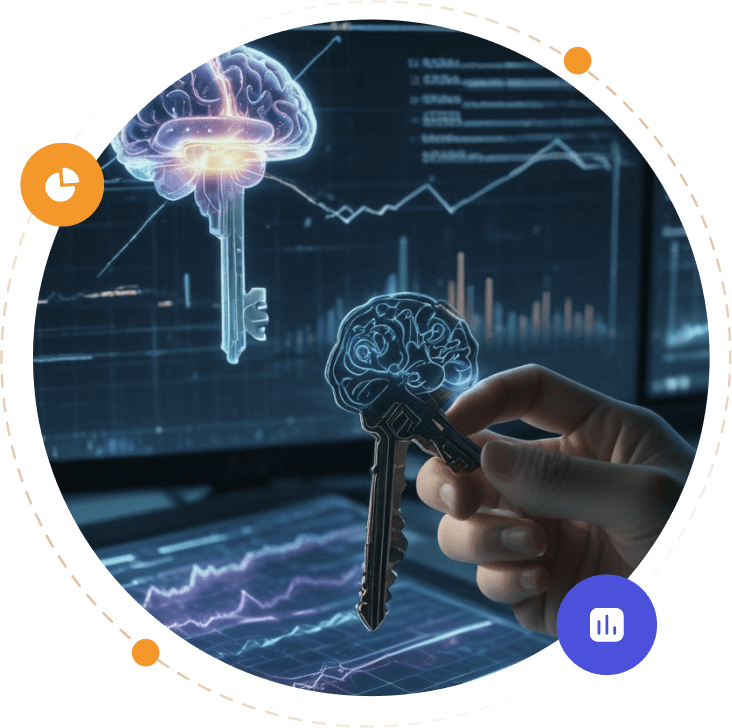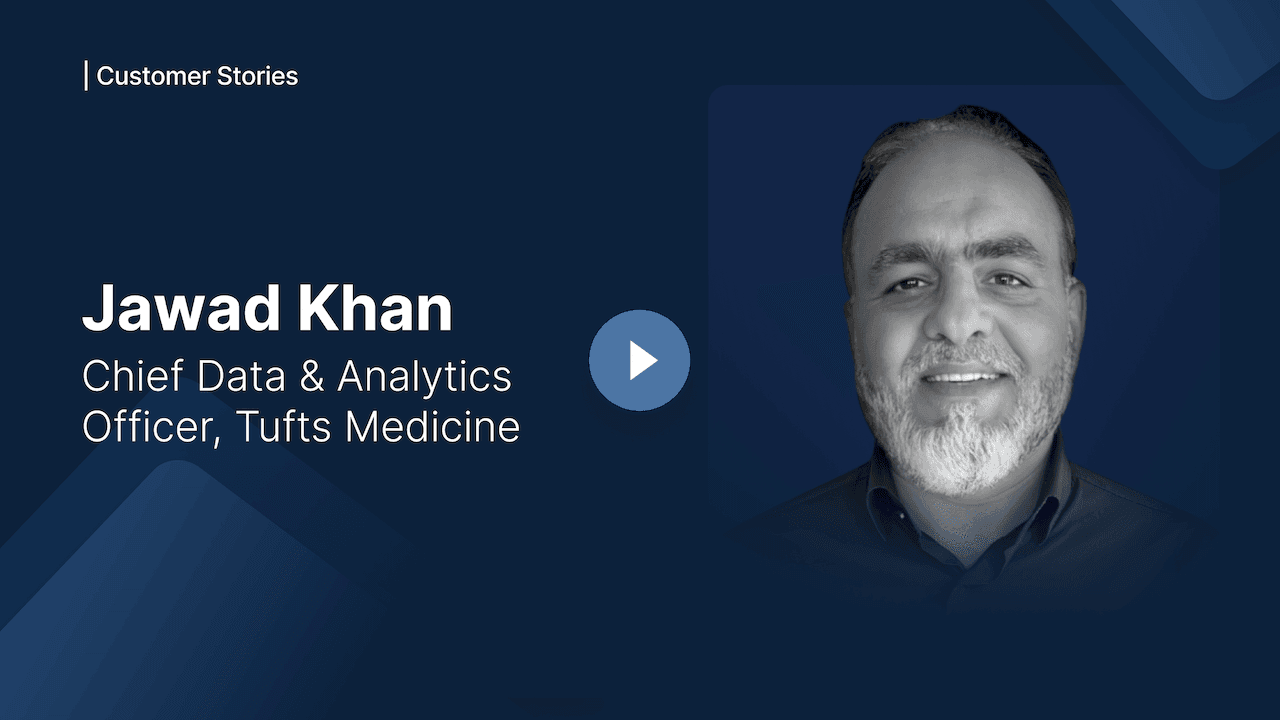Maximize Your Potential with 314e
The Roadblock
Failing to optimize healthcare data means missing out on invaluable insights
- Your healthcare data is a treasure trove of untapped potential. By leveraging this data effectively, you can predict illnesses, tailor care plans, and save lives.
- Currently, it's akin to a locked safe: full of opportunities yet out of reach, leading to missed chances and team frustrations.
- Unlock the full power of your data to enhance decision-making and achieve better outcomes throughout your organization.
The Resolution
With 314e, enhance your analytics maturity to transform healthcare delivery
- Harness Data: Predict risks, personalize care, and reduce costs, achieving superior outcomes.
- Work Smarter, Not Harder: Optimize workflows, eliminate waste, and empower your staff with actionable data insights.
- Lead the Future: Drive innovation in treatments and attract top talent by leveraging cutting-edge analytics.
The Proof Behind Our Promises

We Built a Faster Pathway to Better Care
Our Modern Data Lake Improves Patient Outcomes
See how we developed a modernized data lake platform that streamlined data management, enabling faster access to critical insights and improved patient outcomes.
Read the full success story
We Delivered Real-Time Insights for COVID-19 Management
Our Advanced Analytics Dashboard Enhances Health System Response
Discover how we implemented a cutting-edge COVID-19 and vaccine administration dashboard using the Azure Synapse Analytics platform, enabling real-time data integration and insights to support critical healthcare operations.
Read the full success story
We Unified Patient Data for Enhanced Healthcare
Our Comprehensive Data Warehouse Transforms Patient Care
Learn how we created a unified data warehouse by integrating multiple EHR systems, providing a consolidated view of clinical and financial data, and improving patient care and resource management.
Read the full success storyHere’s Why 314e Is the Solution You’ve Been Looking for
250+
Enterprise Customers
25+
Academic Medical Centers
20+
Government Institutions
15+
Health Plans & Payers
10+
Children’s Hospitals
At 314e, we empower healthcare providers and payer organizations to excel in data-driven analytics. Our suite of analytics services transforms complex data into actionable insights. Our comprehensive analytics services improve patient outcomes and operational efficiency, providing tailored solutions that drive innovation and excellence in healthcare. With a commitment to integrity and innovation, we are your partners in pioneering smarter healthcare solutions.
We can help you with:
Data Management & Warehousing
Our Data Management & Warehousing solutions for ETL/ELT, MDM, DataOps, and Cloud Warehousing maintain the integrity and accessibility of your data, consolidating it into a single, secure repository for real-time decision support and streamlined operations while ensuring compliance and security.
Learn moreData Applications & APIs
We provide Data Application and API services that ensure seamless integration with your systems, developing custom solutions that enhance data exchange and workflow efficiency across healthcare platforms for seamless digital transformation.
Learn moreReporting & Visualization
Our Reporting & Visualization services employ advanced descriptive analytics, reporting tools, and dynamic visualization dashboards, enabling healthcare providers to easily understand complex information, uncover insights, and drive strategic decisions.
Learn more100% of Our Customers Say 314e Exceeded Expectations.
*Based on KLAS Survey Report 2021

Customer Accolades
Looking to Unlock Healthcare Insights to Enhance Patient Outcomes?
Count on our seasoned consultants to guide you every step of the way.
Talk to an analytics expertFrequently Asked Questions
Some key components of healthcare analytics include:
- Data collection: Gathering information from various sources in a standardized format.
- Data storage: Securely storing large amounts of data.
- Data cleaning: Ensuring data accuracy and consistency across sources.
- Data analysis: Using powerful tools to extract valuable knowledge from the data.
- Data visualization: Presenting data in clear charts and graphs for easier understanding.
Big data analytics refers to the ability to analyze massive and complex datasets that traditional methods cannot handle. In healthcare, big data allows for:
- Real-time analysis: Processing vast amounts of data from sensors and wearables to provide real-time patient monitoring and intervention.
- Personalized medicine: Analyzing genetic data and lifestyle factors to offer more targeted and effective treatment plans.
- Predictive modeling: Recognizing patients at high risk of developing chronic diseases and implementing preventive measures.
While the benefits of health data analytics are numerous, some of the prominent ones are:
- Improved patient outcomes: More accurate diagnoses, personalized treatment plans, and earlier disease detection lead to better health results.
- Reduced healthcare costs: Identifying inefficiencies, preventing unnecessary procedures, and managing chronic diseases more effectively.
- Enhanced public health: Early detection of disease outbreaks, resource allocation based on need, and better prevention strategies.
- Advanced medical research: Faster development of new treatments and therapies.
Healthcare analytics improves patient care in several ways:
- Personalized medicine: Tailoring treatment plans based on individual patients’ unique medical history and genetic makeup.
- Early disease detection: Analyzing data to identify potential health problems at an early stage when interventions are most effective.
- Improved medication management: Monitoring medication adherence and optimizing treatment regimens for better outcomes.
- Remote patient monitoring: Utilizing tools like wearables to track vital signs and health metrics for enhanced care coordination.
The future of healthcare analytics looks at advancements in:
- Artificial intelligence (AI): Utilizing AI for more sophisticated data analysis, predictive modeling, and even automated medical tasks.
- Interoperability: Standardizing data formats and improving data exchange between healthcare systems.
- Genomics: Integrating genetic data with other health information for highly personalized medicine.
- Wearable technology: Continuous monitoring and data collection for proactive healthcare management.
Some key factors to consider include:
- Your specific needs: What type of data analysis do you require?
- Data security and privacy: Ensure the solution complies with data protection regulations.
- Integration with existing systems: Compatibility with your current healthcare IT infrastructure.
- Scalability and flexibility: Ability to handle growing data volumes and changing needs.
- Cost and vendor reputation: Consider pricing models and the vendor’s experience in healthcare analytics.
By understanding these aspects, you can choose a healthcare analytics solution that empowers you to improve patient care, optimize operations, and achieve your healthcare goals.



